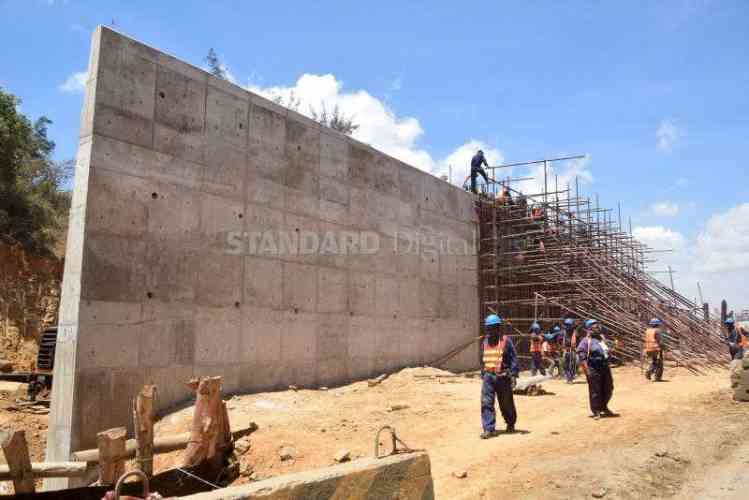×
The Standard e-Paper
Home To Bold Columnists

On May 9, 2023, The Standard published a story clarifying that the Kenya Electricity Transmission Company Limited (KETRACO) had not floated applications for a Mursik tender as believed on social media.
At the time of publishing, several people, though some comically, had already expressed interest in applying for the tender.